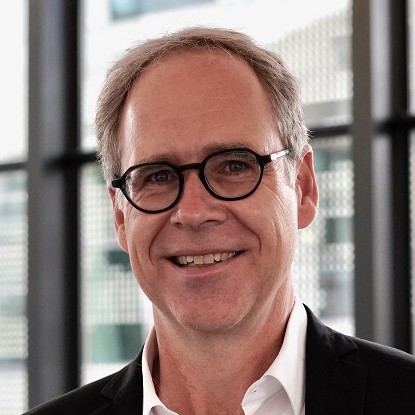Yusuke Nakano
Questionnaire to the Research Fellow
My field of research is fascinating. To laymen I would explain it in the following comprehensible manner:
Without any doubt, we do depend on permanent availability of electrical power today. Our mission is to realize higher efficiency and higher quality of electrical power transmission and distribution, and it has to be environmentally friendly at the same time. I have been engaged in developing electrical insulation for circuit breakers by vacuum as a replacement of the insulating gas SF6, which has a strong global warming potential. As an important step, vacuum breaker technology shall be developed further for increased future application in the transmission voltage levels. This has been discussed intensely at international conferences and/or symposia. My research is focused on this goal and shall contribute to the further development of environmentally friendly power systems not only in Japan, but all over the world as well.
My most important success in research to date is…
In my Ph.D. project I could clarify the development process of surface discharges on a solid insulator in vacuum by application of ultra-sensitive- and ultra-fast-optical measuring system, which enables us to measure light emissions from discharges at time intervals of some twenty nanoseconds.
I’ve chosen the TU Darmstadt because of…
I think TUD is one of the leaders in the field of electrical engineering, especially high voltage engineering. And I can enhance research skills and acquire expertise in attractive surroundings.
If I were a student today, I would…
like to study abroad to experience many things and make much travels all over the world.
The perfect balance to a stressful working day is…
to manage my schedule with taking a walk outdoors, talking to colleges or doing some stretching exercises.
With the help of my host in Darmstadt I would like to…
be a researcher and an educator. Then, I want to contribute to push up the overall level of research in Japan including the basic research in university, as well as the researchers training to meet the needs of the industry in the future.
Questionnaire for the host
Guest of: Prof. Dr.-Ing. Volker Hinrichsen
Department: Faculty of Electrical Engineering and Information Technology – High-Voltage Laboratories
You appreciate in your guest / your guest favourably impressed you by… I have got to know Mr. Nakano on an International Conference on High-Voltage Engineering, where he gave a presentation on his PhD project. In Japan he performed some very interesting research on vacuum surface discharges, which is key knowledge for our own projects on applying vacuum circuit breaker technology in the high-voltage levels (as a potential replacement of the SF6 circuit breaker technology, which is state of the art today).
What I like with Mr. Nakano is his curiosity to meet new challenges. And I am really impressed that he learned German fairly well in very short time, just during his first two months here in Germany.
You, your team and the TU Darmstadt benefit from your guest’s… In Japan, vacuum breaker technology has already been established in the lower transmission voltage levels, more and much earlier than here in Europe. Japan belongs to the leading countries in this field. We are running various research projects on vacuum breaker technology, and one of it is related to the dielectric strength in vacuum bottles (which are the main component of a vacuum circuit breaker). In general, there is a basic lack in understanding dielectric strength issues in vacuum bottles after current interruption. It is not yet clear if it is affected by particles after switching, or by field emission currents, or by both of them, or by other yet unknown effects. This actually prevents scaling vacuum bottles up to bigger dimensions as it would be necessary for the higher voltage levels.
We are pleased to have Mr. Nakano in our group now, where he will work on some important details in this project. We will benefit from his knowledge about surface discharge development, and his chance is to follow his research interest in excellently equipped laboratories and very close to real industrial applications. Together we hope to make some important contributions to increasing the internal dielectric strength of vacuum bottles. Japanese and German engineers often have different approaches in research, and all of us, Mr. Nakano, my team and me hope to improve understanding of these differences and to extract the best aspects each for the sake of common success.







